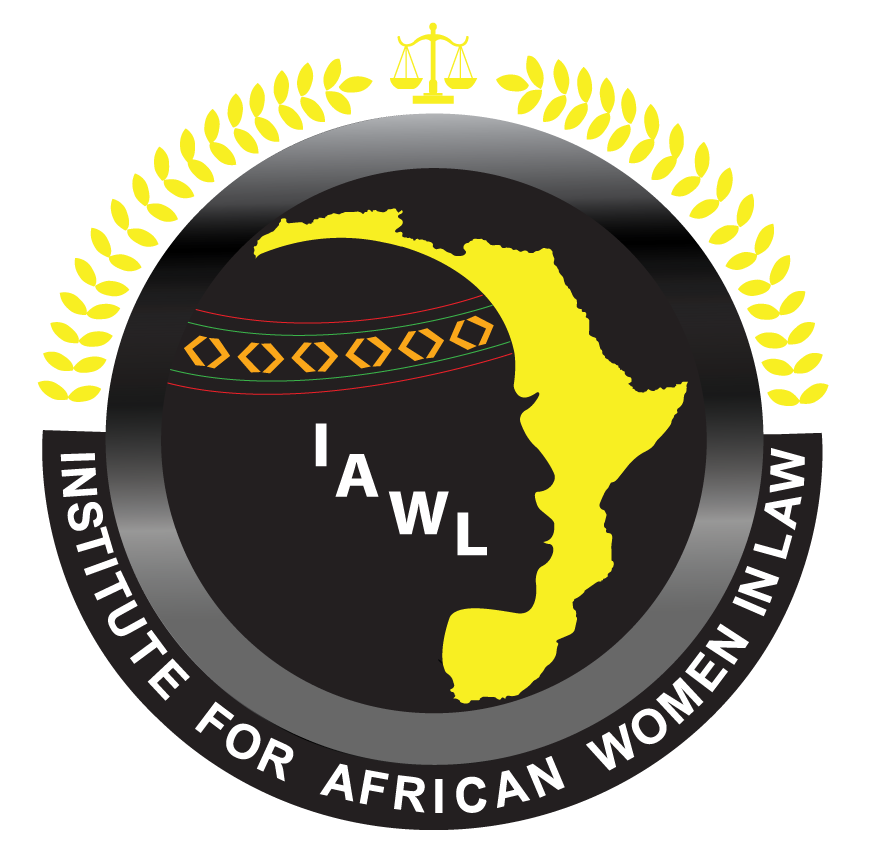Who Speaks for Women in the Informal Sector in Kenya During the Coronavirus Pandemic?
- IAWL

- Apr 9, 2020
- 2 min read
* Brenda Wangila, Researcher, University of Nairobi, School of Law.

The novel coronavirus is reported to have started at an open-air market in Wuhan, China. Ironically, open-air markets are the reality of most women in Kenya who work in the informal sector as mama mbogas (greengrocers), hawkers, and traders of second-hand clothes. Kenya reported the first Patient Zero case on 12/3/2020 in its capital, Nairobi. Women constitute the majority of the population and workers in the informal sector in Kenya. Women bear a disproportionate burden as the primary caregivers at home, often burdened with additional tasks of meeting their extended families’ basic needs. Despite the contribution of the informal economy to providing incomes, the negative attributes of lack of social protection, secure income, and employment benefits increase in a pandemic.
The COVID-19 pandemic has exposed the government’s neglect of women in the informal sector who lack employment benefits such as entitlement to sick leave. Lack of social protection measures like the National Social Security Fund and the National Health Insurance Fund predispose them to financial jeopardy given their high risk of exposure to the coronavirus. Increased out of pocket expenses to seek treatment is a further strain on their meagre resources. The imposition of measures such as a curfew between 7pm and 5am limits their access to active income due to the limit in working hours, an addition to the dire unstable incomes. Ultimately, they are at risk of plunging into poverty.
Government planning to minimize the spread of coronavirus should mirror the lived experiences of mama mbogas. Fairness dictates that the views of mama mbogas, either directly or indirectly through a representative are reasonably considered and taken into account in decision-making processes during this pandemic. The COVID-19 pandemic is a wake-up call to the relevant stakeholders to expedite the formation of representative unions to speak for women in the informal sector, and guarantee access to other employment and social benefits with the ultimate transition to the formal economy.

* Brenda Wangila is a Researcher, Committee on Fiscal Studies, University of Nairobi, School of Law. The views expressed in this blog belong solely to the author.
